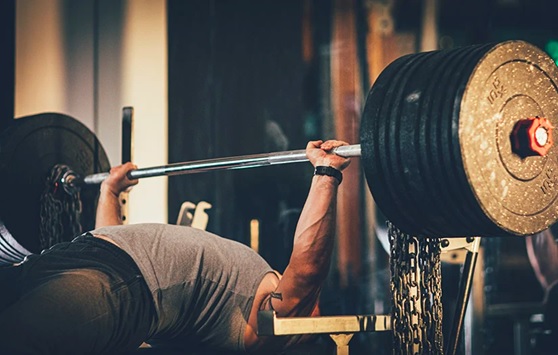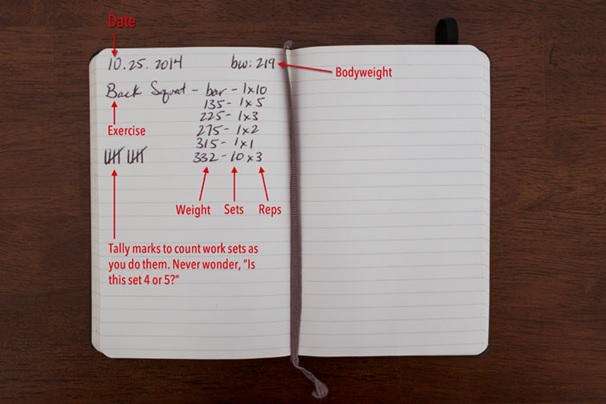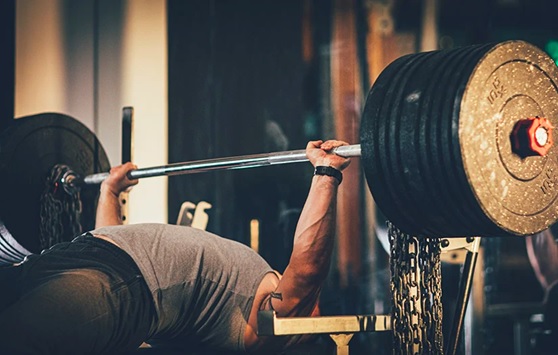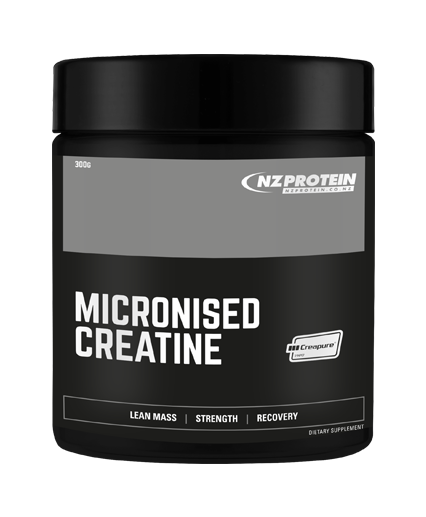
Everyone wants to get stronger but not many know how to do it optimally. The internet is full of conflicting methods, many of which are not evidence based. Obviously you have to be doing some type of lifting, but what other considerations do you need to think about? There is a lot more to it than just throwing dumbbells around at the gym. Read below for a blueprint on how to lift heavier and be as strong as you can be.
Follow A Weights Programme
In order to get stronger, you must be doing some type of heavy resistance training. Ideally you want a well-thought out weights programme that is individualised to you and your needs. Don’t just rip one off the internet. Find someone who knows what they are doing (a personal trainer or strength coach) and pay them for a plan. This short term cost is worth it in the long run. Many gyms do offer free personalised programs on certain memberships. Alternatively if you are not a member of a gym, you can find a local trainer or an online strength coach.

The best programs will include mostly compound lifts like squats and deadlifts with some supplementary accessory exercises. Compound lifts are exercises that recruit a few different groups of muscles. These get you the most bang for your buck during training. Accessory exercises would be things like bicep curls, lunges and bent over rows. If you focus on nailing your lifting technique and slowly increasing the weight over time, you will be well on your way to your strongest self.
Keep Track Of Gains
Getting stronger is not as simple as lifting a few dumbbells from time to time. You must train consistently and measure your progress. If you aren’t keeping track of the weight you lift, then how will you know if you’re getting stronger? The next step on your road to strength gains should be to get a training diary. This way you can record how heavy you lift in the gym and measure your rate of progress.

You don’t have to keep detailed spreadsheets like an accountant, but some documentation will be beneficial. Research suggests that using good monitoring systems improves accountability and provides athletes with important feedback. If your goal is to get stronger, implement a consistent weight training routine and keep track of sessions with a fitness diary or app. Some great options include Jefit, Fitnotes or a good old fashioned diary from the local stationery shop. Just remember, what gets measured gets managed.
Progressive Overload
Once you have grasped the technique of your lifts on the program, work on increasing the weight and lowering the reps. In order to get stronger, you must be challenging your muscles by lifting heavier. This is called progressive overload. It’s fine to stick with the same weights if you want to be consistent, but that isn’t going to help you improve strength. As the old expression goes, “nothing changes if nothing changes”.

If you are training specifically for strength, you should be upping your weight and decreasing your reps. Studies show that those bench pressing heavy loads for three reps improved strength more than those who did lighter weights for more reps. This is because strength is a specific skill. All reps are good for hypertrophy but heavy reps are good for strength gains. This doesn’t mean you should test your one rep max every single week. Train intelligently, up the weight when you can and make sure you know how to recover.
Recover Properly
Training hard is only half of the equation when it comes to getting stronger. Recovery is just as important as working hard in the gym. In order to reach your strength potential you must be getting enough sleep, eating the right fuel and taking rest days. Research tells us that sleep deprivation detrimentally affects your muscle mass and exercise performance. Make sure you’re getting at least seven hours of sleep per night or else your strength gains will not be optimal.
In addition to sleep, you should also make sure to schedule enjoyable downtime. The best recovery activity will depend on the individual. Some people like massages while others prefer saunas. Taking time to chill out is great for your muscles, nervous system and mental health. The best athletes know the importance of recovery. For example Lebron James likes to stretch, use a hyperbaric chamber and spend his rest days on the couch watching football. In order to be your strongest self, you must prevent burn out and treat your body the same way an athlete would treat theirs.

Protein
Protein is by far the most important macronutrient when it comes to muscle repair. Don’t even bother trying to get strong if you are neglecting your protein intake. Our bodies recycle protein every day so if we aren’t consuming more through our diet, we won’t have enough to replenish our muscles and create more tissue.
Around 2g of protein per kg of body weight is ideal for an individual wanting to increase their strength. This means someone weighing 100kg will need around 200g of protein every day. Some great sources of protein you can eat daily include eggs, tofu, chicken, fish, yoghurt and whey. Try to vary it up and ensure all of your meals are centred around a protein source. If you’re low on time, a serving of whey will get you over 24g of protein and is relatively inexpensive. Timing wise, you should aim to get a decent amount of protein in before and after you train. This will ensure you are well fueled for the session and will optimise your post-workout recovery.

Creatine
Creatine is one of the best supplements money can buy, especially for strength gains. This is because it has been scientifically proven to increase an individual’s strength and power output. Those who supplement creatine daily should notice an increase in their ability to lift heavy and perform explosive movements. Research participants in most studies see an improvement after a mere few weeks of supplementing.
Three to five grams daily is the clinically effective dose but you must be consistent with your intake. Get into the habit of taking it at the same time every day so you never forget. Most creatine users taking five grams a day experience absolutely no adverse effects. You can take it long term as it is one of the safest and most studied supplements money can buy. Although extra supplements are not absolutely necessary to improve your strength, creatine should be at the top of your list if you plan on taking anything at all.

Conclusion
Being able to lift heavy is good for not just your ego, but also your physical health. Bear in mind that strength is not just about lifting heavy. You must have all of your ducks in a row (such as smart programming, sleep, recovery and protein intake). Go through this checklist and see if there is anything you are missing. Following these simple guidelines will put you on the fast track to some serious strength gains. You can thank us later.
